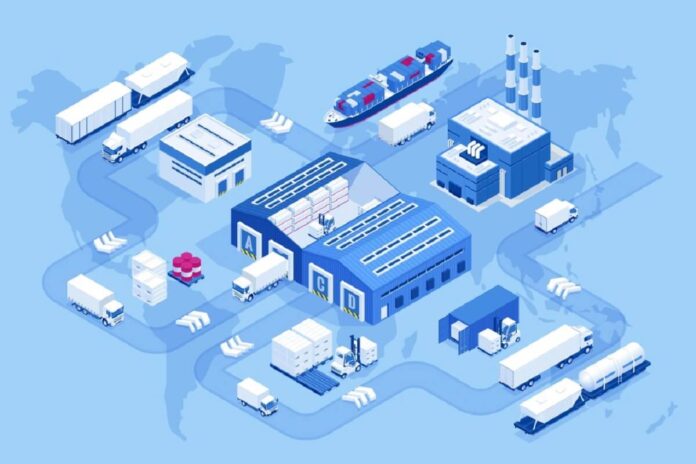In the intricate world of supply chain management, ensuring the integrity of products from the point of manufacture to the final delivery is paramount. Among the various factors that contribute to a robust supply chain, seal integrity stands out as a critical element. It’s not just about packaging; it’s about guaranteeing product safety, maintaining quality, and ensuring customer satisfaction. This article delves into why seal integrity is considered a foundational aspect of supply chain management.
Understanding seal integrity
Seal integrity refers to the ability of a container or packaging to remain securely closed and impenetrable throughout the distribution process. It is essential for preventing contamination, damage, or loss of the product. Seal integrity is crucial across various industries, especially in food and beverage, pharmaceuticals, and electronics, where the consequences of compromised seals can be significant.
Seal integrity in supply chain operations
The role of seal integrity in supply chain operations is multifaceted. It protects product quality by ensuring that products are protected from external contaminants, thereby preserving their quality until they reach the end consumer. Enhancing customer trust is vital, as consumers rely on the visible and tactile assurance that a product has not been tampered with. A compromised seal can damage consumer trust, which can be hard to regain. Compliance with regulations is also crucial to avoid legal complications and fines. Proper sealing reduces the likelihood of product spoilage or damage, which in turn minimizes waste and enhances the overall efficiency of the supply chain.
Challenges in maintaining seal integrity
Despite its importance, maintaining seal integrity can be challenging due to factors such as mechanical failures, human error, and environmental stresses during transportation. Addressing these challenges requires a combination of technology, training, and process management.
Technological advancements aiding seal integrity
Advancements in technology have played a significant role in enhancing seal integrity. Automated sealing machines, improved packaging materials, and sophisticated monitoring systems have all contributed to more reliable and consistent seals. The use of these technologies helps in early detection of issues, reducing the risk of product recalls and enhancing customer satisfaction.
The cost-benefit analysis of seal integrity
Investing in seal integrity may have upfront cost, but the long-term benefits far outweigh these expenses. Improved seal integrity leads to fewer product losses, reduced risk of recalls, and increased consumer trust, all of which contribute positively to a company’s bottom line.
Best practices for ensuring seal integrity in supply chains
Implementing best practices in seal integrity is crucial for supply chain management. Regular equipment maintenance and calibration ensure that sealing machinery is operating correctly and consistently. Quality control checks involve conducting regular inspections and tests to verify seal integrity at different stages of the supply chain. Providing adequate training to staff involved in packaging and handling minimizes human error, and adopting standardized procedures establishes clear and consistent processes for sealing and inspection.
Case studies highlighting the importance of seal integrity
Several case studies from industries like pharmaceuticals and food and beverage illustrate the impact of seal integrity on supply chain management. Companies that have invested in robust sealing processes have seen a decrease in product recalls, enhanced brand reputation, and improved customer loyalty.
Future trends in seal integrity and supply chain management
The future of seal integrity in supply chain management is likely to be shaped by further technological innovations. Smart packaging with embedded sensors that can monitor seal conditions in real-time, and the use of blockchain technology for tracking packaging integrity, are just some of the developments on the horizon.
Seal integrity is a crucial pillar of supply chain management. Its importance extends beyond merely protecting products; it is integral to maintaining quality, ensuring regulatory compliance, and building customer trust. As supply chains become more global and complex, the emphasis on seal integrity will only increase. Investing in the right technology, processes, and training is essential for businesses looking to strengthen their supply chain and secure their position in the competitive market landscape.





